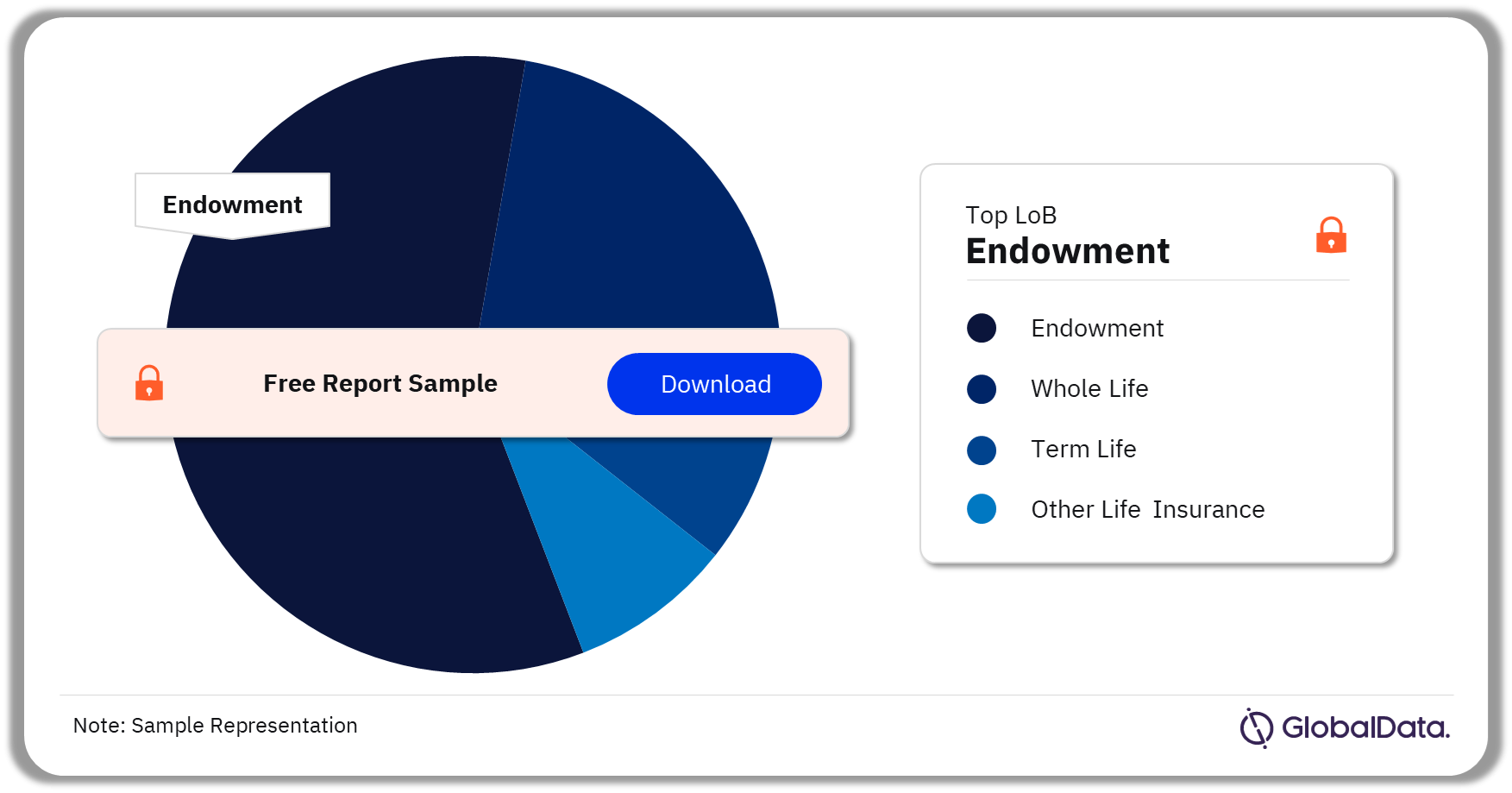Navigating Malaysia Statutory and Private Employee Benefits Market Landscape: A Comprehensive Overview

Malaysia's employee benefits landscape encompasses both statutory requirements mandated by the government and supplementary offerings provided by private employers.
To know more about private employee benefits in Malaysia, download a free report sample
This comprehensive overview explores the key elements of Malaysia's statutory and private employee benefits market:
1. Statutory Employee Benefits:
a. EPF (Employees Provident Fund):
- Overview: The EPF is a mandatory savings scheme for employees and employers. Contributions are made monthly to provide financial security for employees in retirement.
- Impact: EPF contributions form a crucial part of an employee's long-term financial planning, ensuring a source of income after retirement.
b. SOCSO (Social Security Organization):
- Overview: SOCSO provides social security protection through schemes covering work-related injuries, disabilities, and occupational diseases.
- Impact: Employees benefit from financial assistance and medical coverage in the event of work-related accidents or health issues.
c. EIS (Employment Insurance System):
- Overview: EIS is designed to provide financial support to employees who lose their jobs involuntarily.
- Impact: Employees facing job loss receive temporary financial assistance to help them during the transition period.
d. Minimum Wage Requirements:
- Overview: Malaysia has minimum wage regulations to ensure fair compensation for employees across various sectors.
- Impact: Compliance with minimum wage requirements is essential for employers to uphold fair labor practices.
e. Annual Leave and Public Holidays:
- Overview: Statutory provisions dictate the entitlement to annual leave and public holidays for employees.
- Impact: Employees enjoy paid time off, contributing to work-life balance and overall well-being.
2. Private Employee Benefits:
a. Medical Insurance:
- Overview: Private employers often offer medical insurance coverage beyond statutory requirements, providing employees with enhanced healthcare benefits.
- Impact: Employees benefit from additional medical coverage, including outpatient services, dental care, and specialist consultations.
b. Group Life Insurance:
- Overview: Employers may provide group life insurance coverage, offering financial protection to employees' beneficiaries in the event of the employee's death.
- Impact: Employees gain peace of mind, knowing that their loved ones are financially protected in case of unexpected circumstances.
c. Retirement Savings Plans:
- Overview: Some employers offer supplementary retirement savings plans or provident funds to complement EPF contributions.
- Impact: Employees can accumulate additional savings for retirement, enhancing their financial security in later years.
d. Employee Wellness Programs:
- Overview: Private employers may introduce wellness programs to promote employees' physical and mental well-being.
- Impact: Employees benefit from initiatives such as fitness programs, mental health support, and wellness workshops, contributing to a healthier and more engaged workforce.
e. Flexible Work Arrangements:
- Overview: Forward-thinking employers may implement flexible work arrangements, including remote work options and flexible hours.
- Impact: Flexible work arrangements contribute to employee satisfaction, work-life balance, and increased productivity.
f. Professional Development Opportunities:
- Overview: Private employers may invest in employees' professional development through training programs, workshops, and educational assistance.
- Impact: Employees gain opportunities for skill enhancement and career advancement, fostering loyalty and motivation.
3. Compliance Challenges and Considerations:
- Challenge: Balancing statutory requirements with additional benefits can be challenging for employers.
- Consideration: Employers should stay informed about changes in labor laws and assess the evolving needs and expectations of their workforce.
4. Emerging Trends:
- Trend: Employee well-being and mental health support are becoming increasingly important.
- Impact: Employers adopting holistic wellness programs address the growing emphasis on mental health in the workplace.
In conclusion, navigating Malaysia's statutory and private employee benefits market requires a balance between meeting legal requirements and offering competitive and attractive benefits. Employers that prioritize the well-being and development of their workforce are likely to attract and retain top talent in this dynamic and competitive employment landscape.
- Questions and Answers
- Opinion
- Motivational and Inspiring Story
- Technology
- Live and Let live
- Focus
- Geopolitics
- Military-Arms/Equipment
- Beveiliging
- Economy
- Beasts of Nations
- Machine Tools-The “Mother Industry”
- Art
- Causes
- Crafts
- Dance
- Drinks
- Film/Movie
- Fitness
- Food
- Spellen
- Gardening
- Health
- Home
- Literature
- Music
- Networking
- Other
- Party
- Religion
- Shopping
- Sports
- Theater
- Health and Wellness
- News
- Culture

